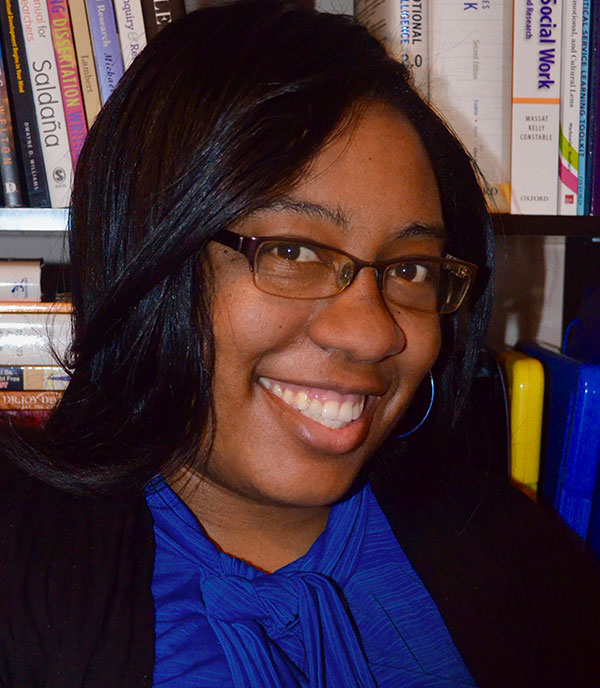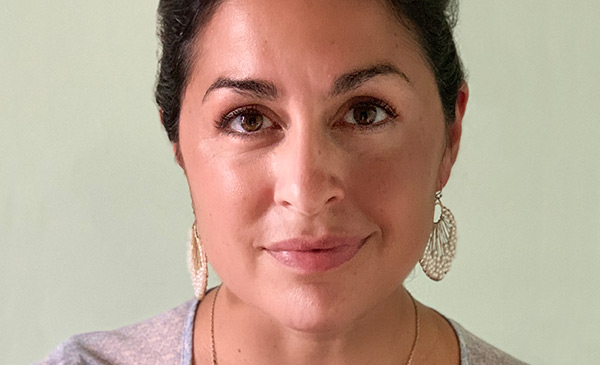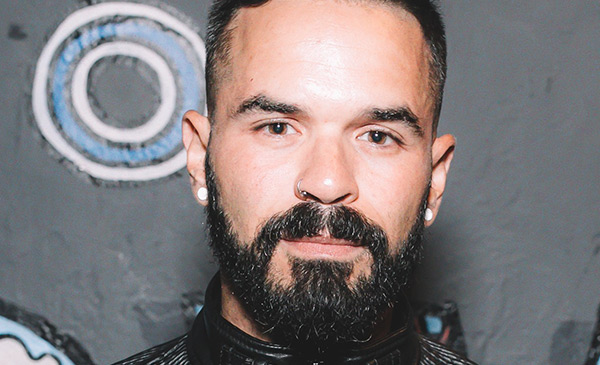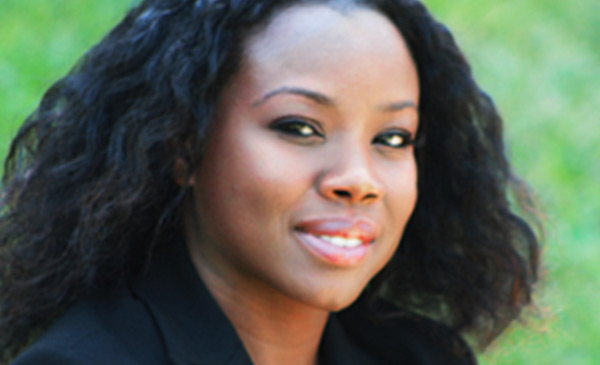Lecturer Chastity Owens
Expertise in school social work and equity building

Chastity Owens spent 10 years serving as a school-based practitioner in both a charter school and in UI Health school-based health centers in Chicago. She now leverages that cumulative experience as a lecturer in the college’s School Social Work Specialization, including the Post-MSW PEL (Professional Educator’s License) Certificate Program.
At this moment in U.S. history, she thinks it’s important for social workers to foster conversations around justice and equity in their school communities. “We should be focusing on issues around equity and elevating the voices of the youth, and finding ways to come together and be a united front,” she says. “But we also need to understand and listen to the diversity of perspectives within our schools.”
To facilitate this, she suggests the creation of spaces where students can share their thoughts and feelings about their community and what they can do to make things right. “But the most important thing is to listen, and see what’s going on with our students in schools,” she says. “We might have our own ideas about what’s going on with racial justice, but it’s important to especially focus on where the students are at and where they’re coming from. And then, from a human development perspective, assist them in making connections and working on how they can contribute to making things better in their communities.”
Owens says it’s essential that school practitioners see parents and families as key stakeholders, observing that too often parents are viewed as being merely extensions of the students. “Parents really need to be engaged as individuals and key contributors in the conversation about equity. The more we can connect with and engage parents, the more holistic education can be,” she says. “The more students can see their parents and teachers and school administrators interacting and working together, the healthier it is for their own development.”
She also thinks social workers will play a key role in the return to classroom instruction after remote learning. “As schools go back to in-person learning, there will be more need for school social workers because students will need to process and heal from the trauma of COVID-19, and re-learn how to interact with each other again,” Owens says. “Who better to do that than social workers?”


